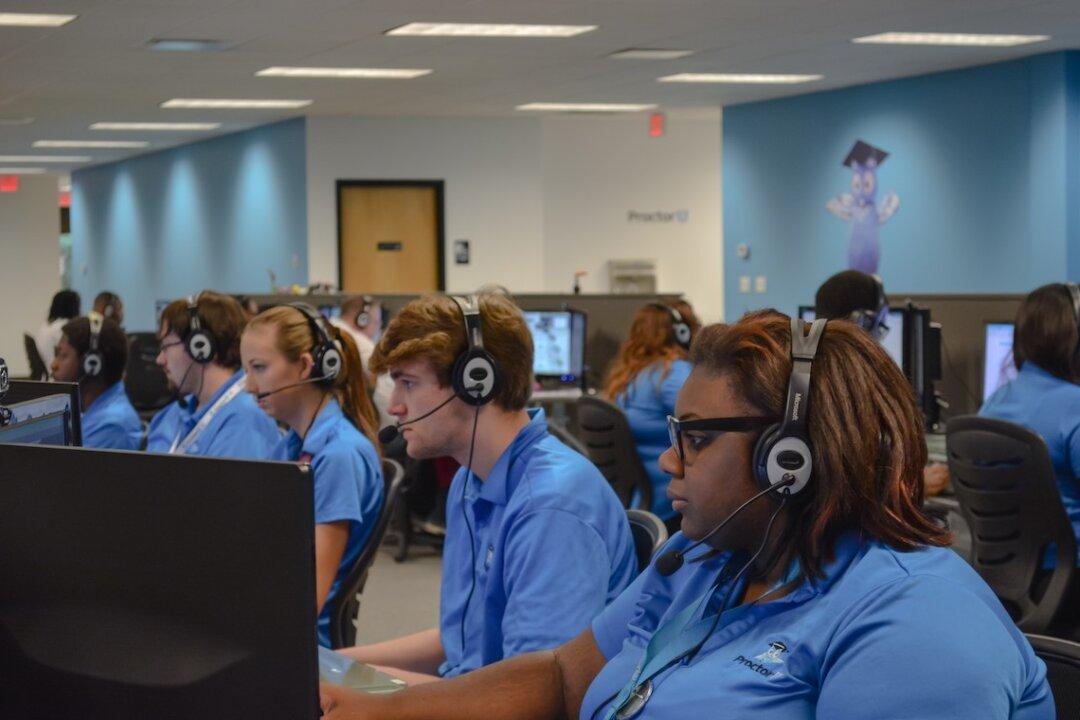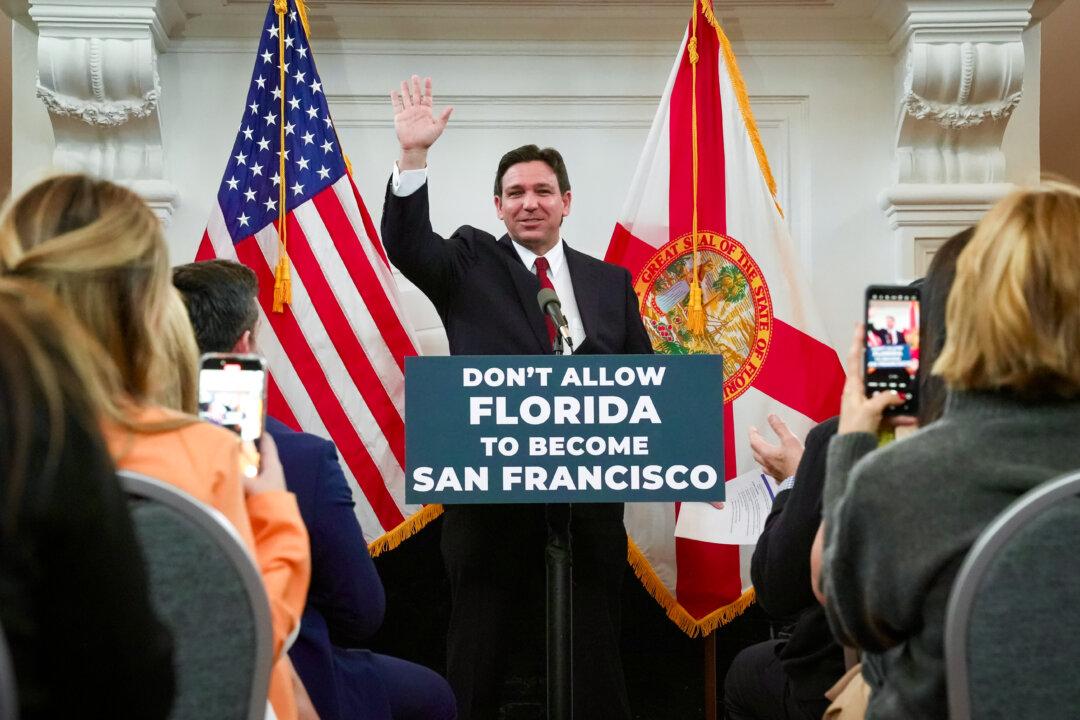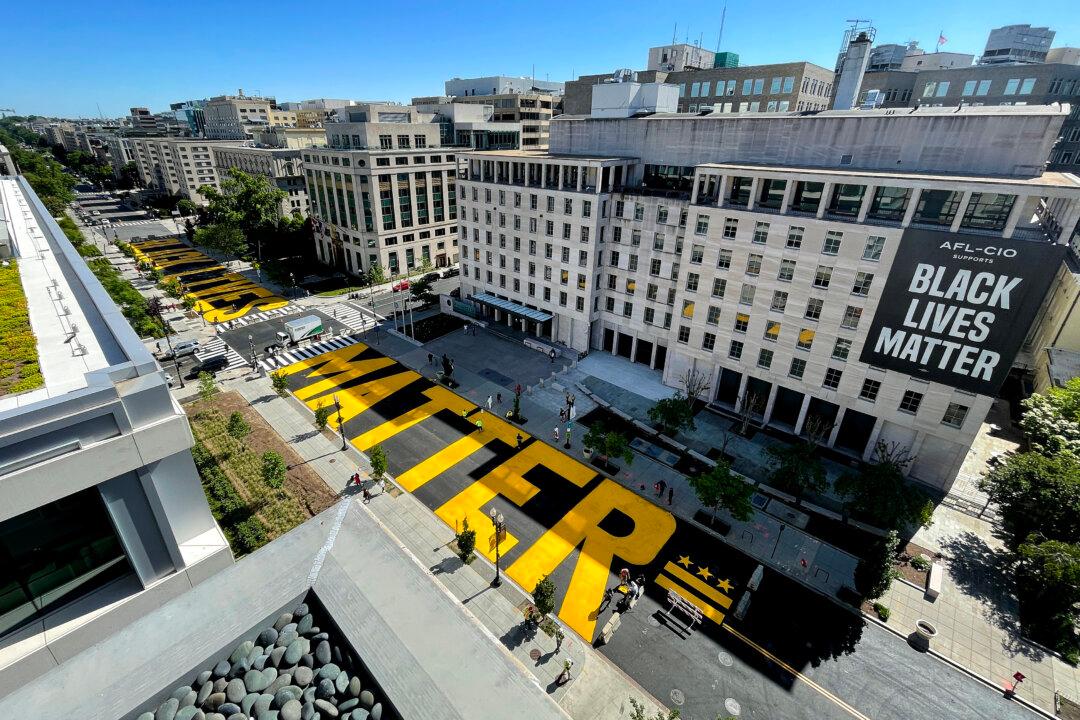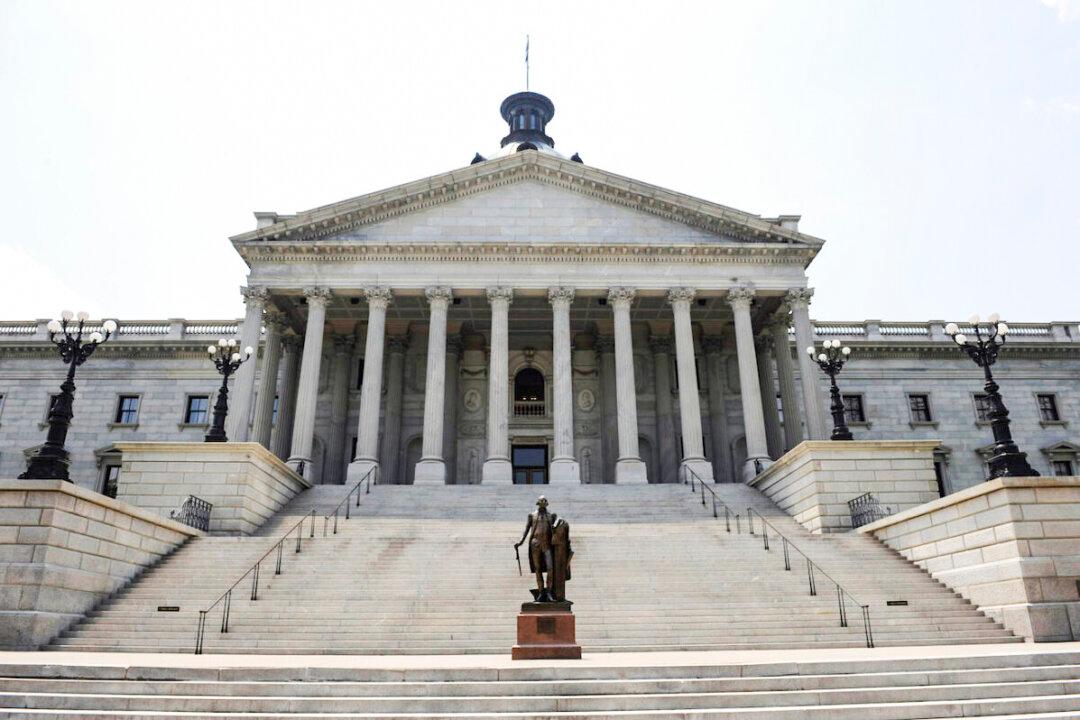The COVID-19 pandemic resulted in academic cheating’s biggest increase in 16 years, according to Jarrod Morgan, founder of test supervision company Meazure Learning.
A new study by Meazure shows that from 2019 to 2021, confirmed cases of academic cheating during online monitored tests increased by about 13 times.




